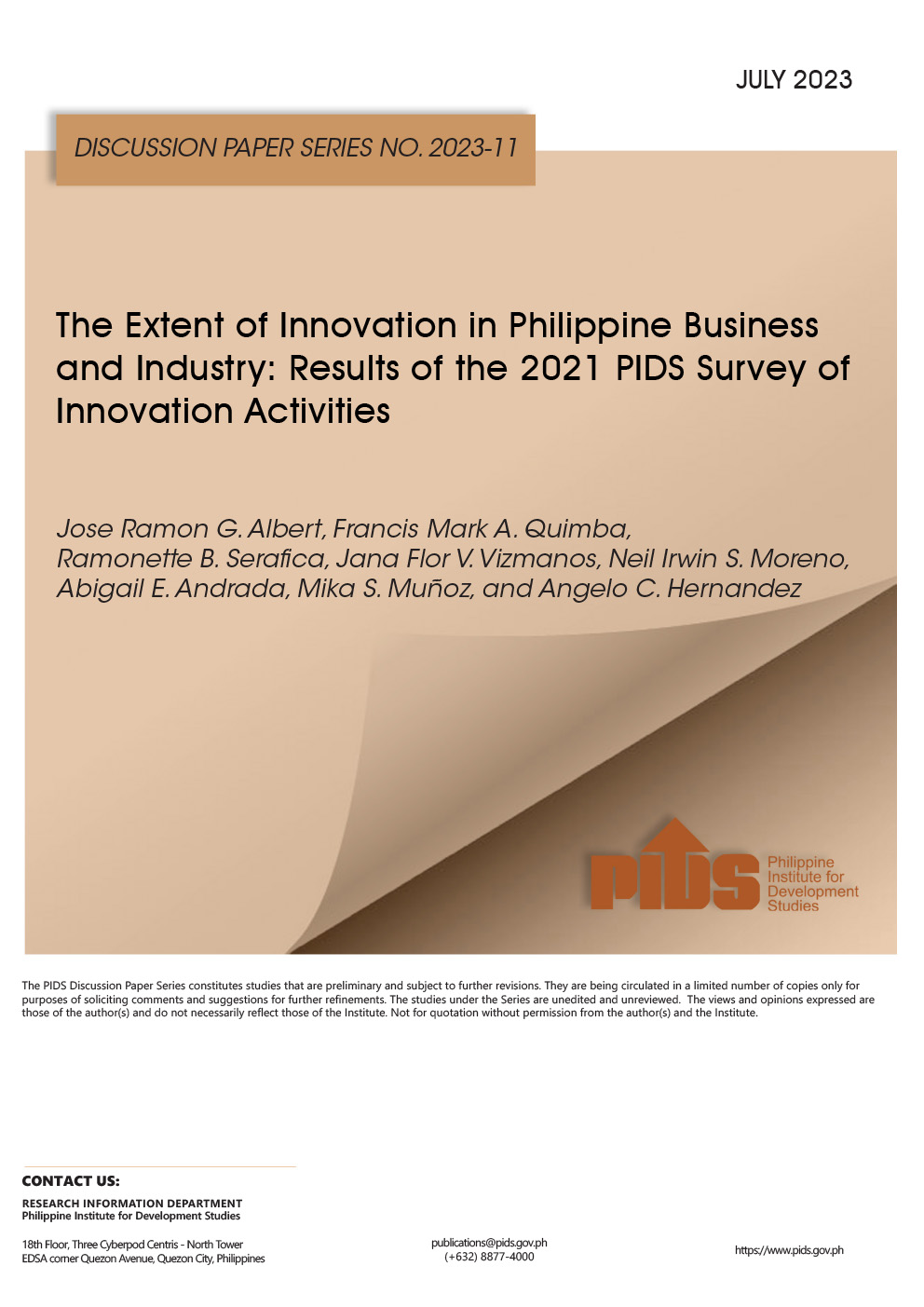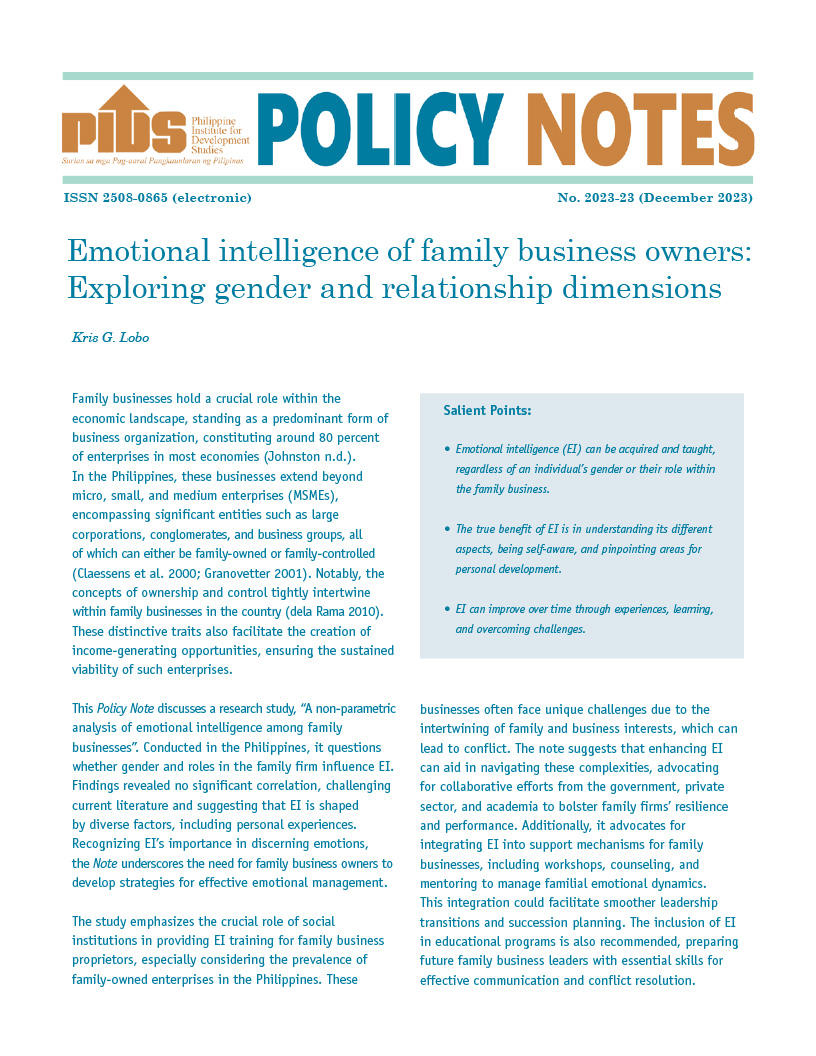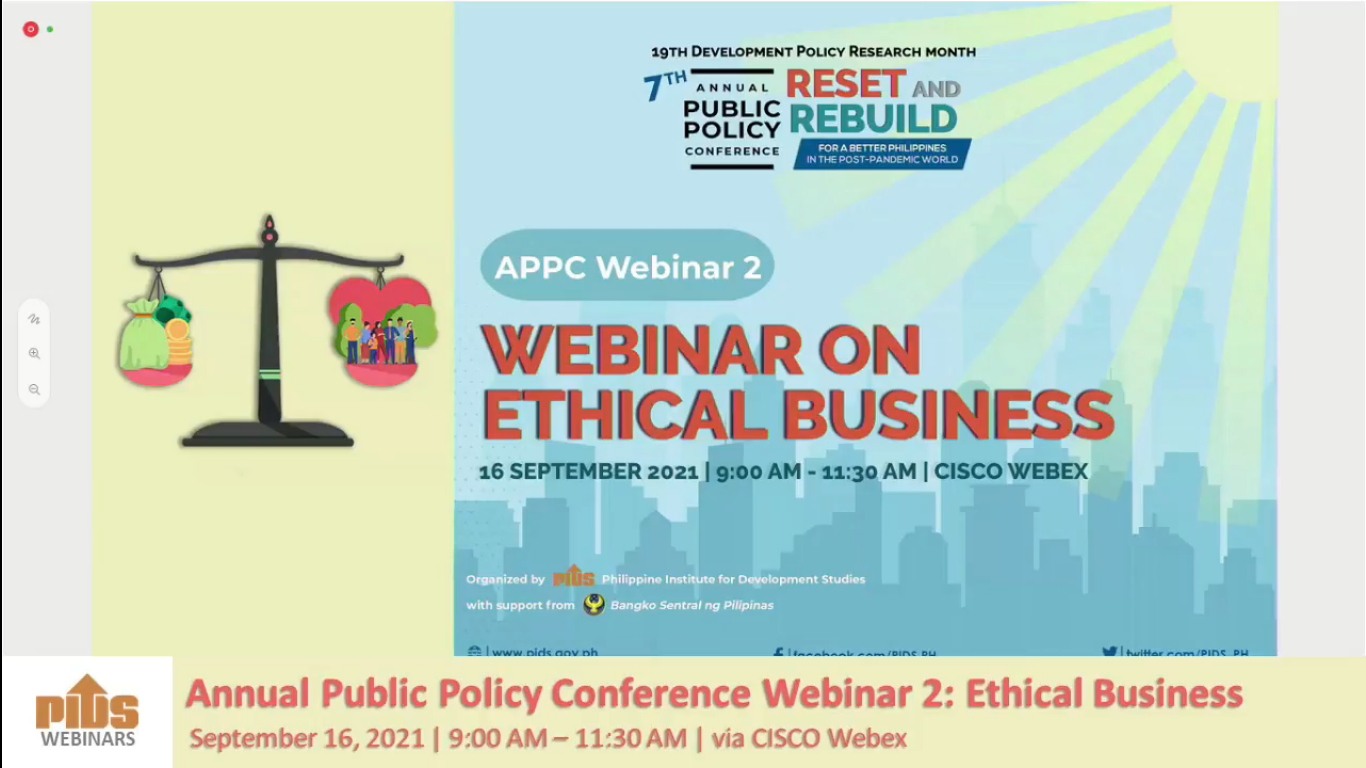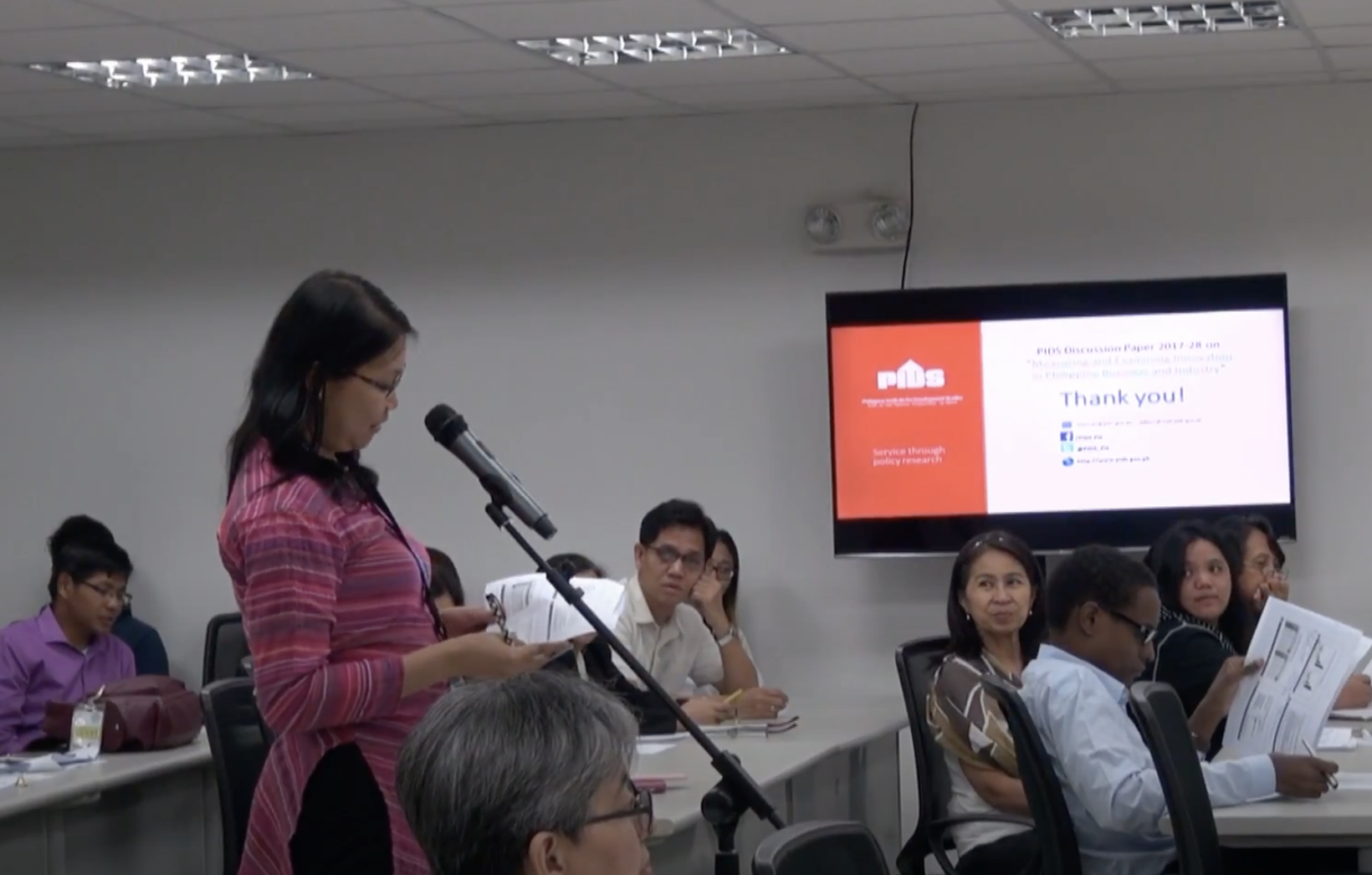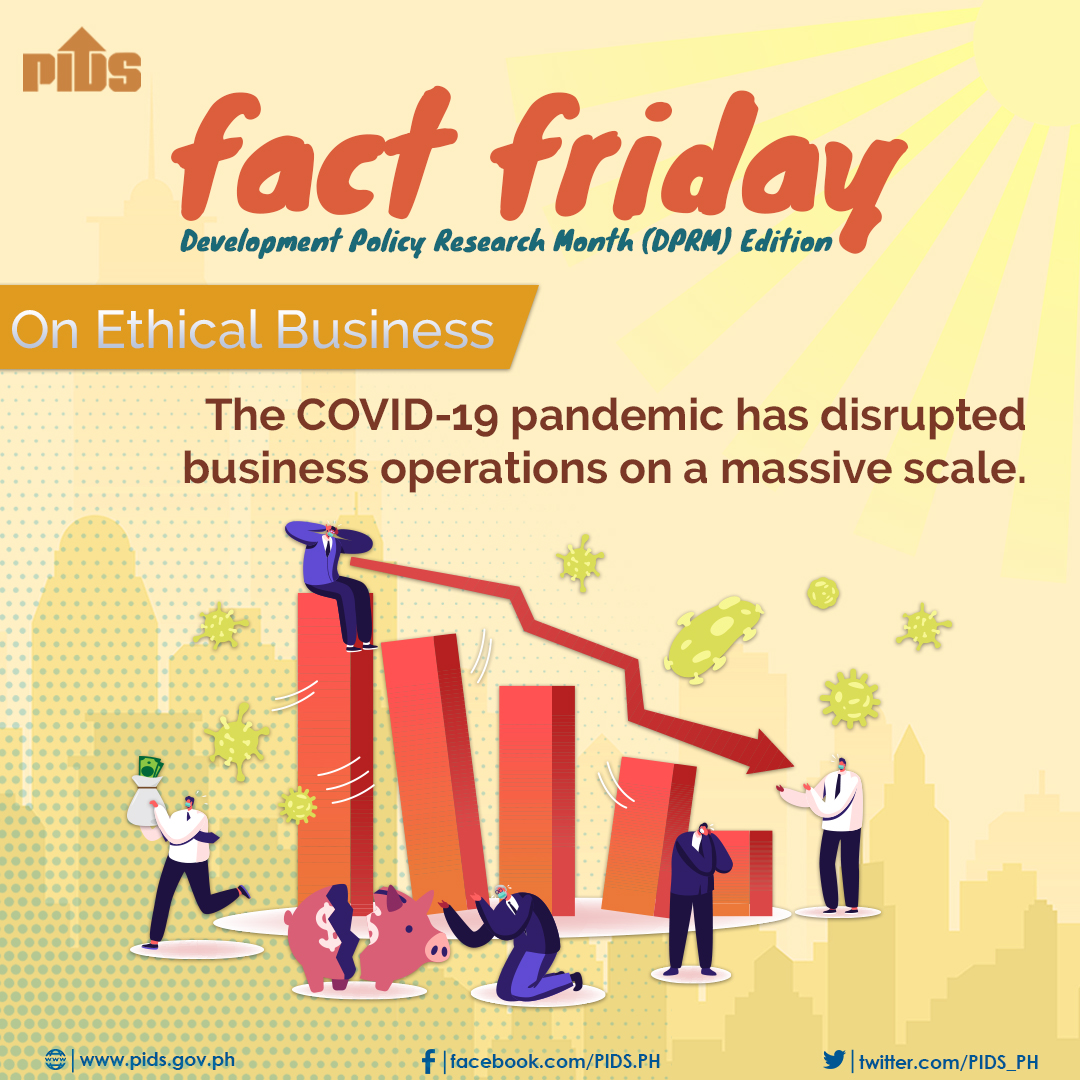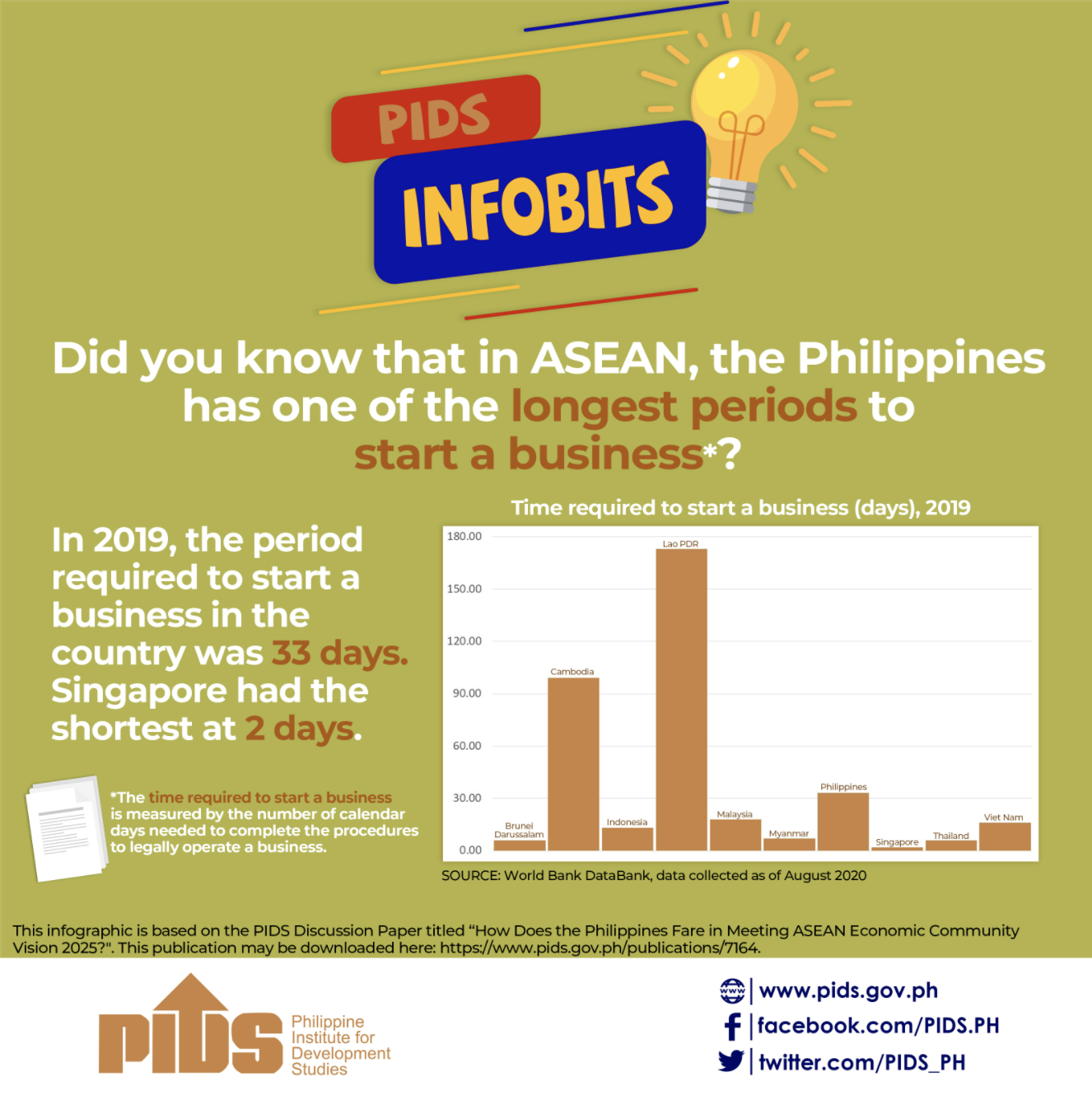I have already heard from entrepreneurs whom I have interviewed for several articles in the past that for them to succeed in the competitive food startup scene, they need to have a solid identity; something that they can hold on to when a customer asks: “Why should I eat in your restaurant, and not in the one in the other block?”
But for each of these two food businesses, their respective identity isn’t just all part of a business concept. It would be insensitive to say so. Rather, their identity is an advocacy.
I have to say, the dining experiences in these food businesses may be completely different, but they both gave me a message that I probably won’t get in any other bars and cafes anytime soon.
Puzzle Gourmet Store & Cafe
Comets Loop, Project 4, Quezon City
After going rounds and rounds in Project 4, the cab driver and I finally found our destination: Puzzle Gourmet Store & Cafe. I am not sure if the owners of this cafe strategically decided to have their business located in a puzzling spot to suit the cafe’s name (well, they acknowledged to me that most customers typically have a hard time locating their cafe), but getting there was kind of, literally, a puzzle.
But getting there was also an experience of learning. It’s as though you have come to a place where answers are served.
Let me explain that bit thoroughly.
Jose Canoy was diagnosed with autism at age four. His family knew and accepted that Jose wasn’t going to grow up just the way neurotypical individuals do. But at the same time, they didn’t want 21-year-old Jose to just grow up and do nothing for himself.
“Quite honestly, there aren’t a lot of options for individuals like Jose--adults who have mental disabilities--so we knew it was going to be up to us to think of something for him to do,” says Jose’s sister and Puzzle’s co-manager Ysabella Canoy.
And so they established Puzzle in April last year, which was envisioned as a place for Jose to be a waiter and be able to socialize with customers, hopefully getting more people talk and be more open about autism. Later on, they also started inviting some of Jose’s friends from the group therapy to come and work with him.
But why a cafe? Why not, say, a spa? Or a gaming center or a boutique? What’s in a cafe that they thought would help the differently abled hone their work skills better than anywhere else?
Ysabella says that being in a cafe would challenge Jose and the other differently abled staff to interact with people. After all, they want not just Jose’s work skills but also his social skills to improve through Puzzle.
“They get to converse, dance, take pictures, and make memories with customers,” she says. The differently abled staff have a script memorized so they would know how to properly take the customers’ orders.
But--in a pretty unique business like Puzzle, there’s always a “but”--there’s always the possibility of having customers who would ask Jose and his fellow staff anything that’s not in their script. “It teaches them to listen, respond, and relate… It combines the school setting where they’re being looked out for, being taught new skills, as well as the workplace setting where they’re challenged to think, follow rules, and are given expectations.”
Business-wise, the cafe is doing pretty well for a greenhorn in the startup scene. They have customers who come from places like Laguna, Pampanga, Davao, Zambales, and even United States and Europe. “The advocacy has definitely given the cafe its identity,” says Ysabella.
Currently, there are 16 people with special needs who work as trainees at Puzzle, and five neurotypical individuals who work as the regular employees.
Altogether, they make dining at Puzzle an experience where, as I was saying earlier, the correct answers are given to people’s common questions and misconceptions about people with special needs. “Usually, when people think about ‘special needs,’ their immediate reaction and emotion is that of sadness, pity, and is often met with stigma. We want to change that,” says Ysabella.
“We want to be able to help [the customers] become more sensitive and educated about [autism], and that hopefully, they, too, can do their part in doing something to help spread the word about how being different is beautiful.”
Upon arrival at the Hobbit House Manila--which is located at the heart of the red light district of Ermita--one late evening, a waiter welcomed me and said, “Wow, sir, ang tangkad ninyo naman! Ano height ninyo, bossing?”
I wasn’t surprised with his question, given that the waiter stood at 4’0”. I’m 6’0”, you see, so he is, literally, a small person. And in that particular bar, he isn’t an oddity. Here, it is the small persons who are the spectacle of the night. Here, they reign supreme.
Established in 1973, the Hobbit House is inspired by J.R.R. Tolkien’s “The Lord of the Rings.” The huge round-shaped main door is an obvious giveaway to this fact.
When you enter, a bell would ring to announce your arrival. You won’t need a lot of time to feel the reference to the epic high-fantasy novel; the stacks of old books, foreign beers, dim-lit interiors, hardwood furniture, old American figures, and of course the persons with dwarfism serving steaks and beers transport you to the Shire, or the region in the fictitious Middle-earth from “The Lord of the Rings” where the Hobbits reside.
I noticed that most of the customers were foreigners. “Oo, marami talagang foreigners dito. May mga regular customer kami na bumabalik-balik kasi nagiging friends na nila ‘yung staff namin, lalo na ‘yung small persons,” says manager Mary Ann Crisostomo.
I met two Germans while I was here. One of them suggested a drink to me when they noticed that I was having a hard time choosing which beer I would order. Since they were Germans, their beer preferences were rather strong, which probably explains why I can hardly remember the name of the drink that I got. Later on, I learned that they’re writers, too.
“I love the Philippines. There are so many stories here,” one of them said. “So every time I visit here and get kind of homesick, I go here [at Hobbit House] because they have this German beer,” he said.
How do they find the small persons? “I love them,” he said. “Last time, I asked for a photo with them, and then suddenly, one of them just sat on my lap! Like, literally, his entire body occupied my lap! He was just like a dog who jumped on me. But it was cool. I love them so much.”
Mary Ann says that the bar doesn’t aim to give in-your-face information about small persons--like why they’re born that way or what their special needs are, if there’s any. It’s rather the opposite; the bar aims to let the people feel that--putting the obvious dissimilarity in the height aside--the persons of short stature are in no way different, that they belong to the same community we’re in. It just happened that they’re shorter than most of us, that’s it.
“Ang gusto talaga namin, kapag nandito ang customers, makakapag-chill lang sila kasama ‘yung friends nila or family nila. At siyempre kasama rin kaming mga maliliit,” adds Mary Ann. Yes, she’s among the 10 small persons who do the day-to-day work at the Hobbit House.
Of course, they also want to give the small persons a place where they can learn valuable work skills. Nine of them take and serve customers’ orders, and another one is in the kitchen. “Kaya rin naman namin ‘yung mga ganiyang trabaho,” says Mary Ann. “Patunay itong Hobbit House Manila diyan.”
It should be overwhelming for us Filipinos that the country is, at least, slowly becoming more and more embracing to the differently abled. Puzzle Gourmet Store & Cafe and Hobbit House Manila are not exactly the first and only businesses that give hiring opportunities to the persons with disabilities; Suyen Corporation (the company behind clothing giant Bench) and Lamoiyan Corporation (the mother company of household products Hapee, Dazz, and Licealiz, among others) have already started giving employment chances to the differently abled years back.
A study from the Philippine Institute of Development Studies published in 2013 also shows that the proportion of employed persons with disabilities in the urban area is 58.5%, and 41.9% in the rural area.
“Sana habang tumagal pa ang panahon, maging mas [acceptable] ang mga tao sa aming small persons,” says Mary Ann. “Kaya rin naman namin na magtrabaho at magpasaya.”
With how Hobbit has been in the district for more than 40 years by now, and with how startups like Puzzle are starting to put up places where the differently abled can show their gravitas, I should say that it’s pretty evident that Mary Ann’s wish is already being granted.
It’s still in the process, but at least the light is already visible from the eyes of the customers and the staff, whether they’re neurotypical or otherwise.---BMS/GMA Public Affairs
But for each of these two food businesses, their respective identity isn’t just all part of a business concept. It would be insensitive to say so. Rather, their identity is an advocacy.
I have to say, the dining experiences in these food businesses may be completely different, but they both gave me a message that I probably won’t get in any other bars and cafes anytime soon.
Puzzle Gourmet Store & Cafe
Comets Loop, Project 4, Quezon City
After going rounds and rounds in Project 4, the cab driver and I finally found our destination: Puzzle Gourmet Store & Cafe. I am not sure if the owners of this cafe strategically decided to have their business located in a puzzling spot to suit the cafe’s name (well, they acknowledged to me that most customers typically have a hard time locating their cafe), but getting there was kind of, literally, a puzzle.
But getting there was also an experience of learning. It’s as though you have come to a place where answers are served.
Let me explain that bit thoroughly.
Jose Canoy was diagnosed with autism at age four. His family knew and accepted that Jose wasn’t going to grow up just the way neurotypical individuals do. But at the same time, they didn’t want 21-year-old Jose to just grow up and do nothing for himself.
“Quite honestly, there aren’t a lot of options for individuals like Jose--adults who have mental disabilities--so we knew it was going to be up to us to think of something for him to do,” says Jose’s sister and Puzzle’s co-manager Ysabella Canoy.
And so they established Puzzle in April last year, which was envisioned as a place for Jose to be a waiter and be able to socialize with customers, hopefully getting more people talk and be more open about autism. Later on, they also started inviting some of Jose’s friends from the group therapy to come and work with him.
But why a cafe? Why not, say, a spa? Or a gaming center or a boutique? What’s in a cafe that they thought would help the differently abled hone their work skills better than anywhere else?
Ysabella says that being in a cafe would challenge Jose and the other differently abled staff to interact with people. After all, they want not just Jose’s work skills but also his social skills to improve through Puzzle.
“They get to converse, dance, take pictures, and make memories with customers,” she says. The differently abled staff have a script memorized so they would know how to properly take the customers’ orders.
But--in a pretty unique business like Puzzle, there’s always a “but”--there’s always the possibility of having customers who would ask Jose and his fellow staff anything that’s not in their script. “It teaches them to listen, respond, and relate… It combines the school setting where they’re being looked out for, being taught new skills, as well as the workplace setting where they’re challenged to think, follow rules, and are given expectations.”
Business-wise, the cafe is doing pretty well for a greenhorn in the startup scene. They have customers who come from places like Laguna, Pampanga, Davao, Zambales, and even United States and Europe. “The advocacy has definitely given the cafe its identity,” says Ysabella.
Currently, there are 16 people with special needs who work as trainees at Puzzle, and five neurotypical individuals who work as the regular employees.
Altogether, they make dining at Puzzle an experience where, as I was saying earlier, the correct answers are given to people’s common questions and misconceptions about people with special needs. “Usually, when people think about ‘special needs,’ their immediate reaction and emotion is that of sadness, pity, and is often met with stigma. We want to change that,” says Ysabella.
“We want to be able to help [the customers] become more sensitive and educated about [autism], and that hopefully, they, too, can do their part in doing something to help spread the word about how being different is beautiful.”
Upon arrival at the Hobbit House Manila--which is located at the heart of the red light district of Ermita--one late evening, a waiter welcomed me and said, “Wow, sir, ang tangkad ninyo naman! Ano height ninyo, bossing?”
I wasn’t surprised with his question, given that the waiter stood at 4’0”. I’m 6’0”, you see, so he is, literally, a small person. And in that particular bar, he isn’t an oddity. Here, it is the small persons who are the spectacle of the night. Here, they reign supreme.
Established in 1973, the Hobbit House is inspired by J.R.R. Tolkien’s “The Lord of the Rings.” The huge round-shaped main door is an obvious giveaway to this fact.
When you enter, a bell would ring to announce your arrival. You won’t need a lot of time to feel the reference to the epic high-fantasy novel; the stacks of old books, foreign beers, dim-lit interiors, hardwood furniture, old American figures, and of course the persons with dwarfism serving steaks and beers transport you to the Shire, or the region in the fictitious Middle-earth from “The Lord of the Rings” where the Hobbits reside.
I noticed that most of the customers were foreigners. “Oo, marami talagang foreigners dito. May mga regular customer kami na bumabalik-balik kasi nagiging friends na nila ‘yung staff namin, lalo na ‘yung small persons,” says manager Mary Ann Crisostomo.
I met two Germans while I was here. One of them suggested a drink to me when they noticed that I was having a hard time choosing which beer I would order. Since they were Germans, their beer preferences were rather strong, which probably explains why I can hardly remember the name of the drink that I got. Later on, I learned that they’re writers, too.
“I love the Philippines. There are so many stories here,” one of them said. “So every time I visit here and get kind of homesick, I go here [at Hobbit House] because they have this German beer,” he said.
How do they find the small persons? “I love them,” he said. “Last time, I asked for a photo with them, and then suddenly, one of them just sat on my lap! Like, literally, his entire body occupied my lap! He was just like a dog who jumped on me. But it was cool. I love them so much.”
Mary Ann says that the bar doesn’t aim to give in-your-face information about small persons--like why they’re born that way or what their special needs are, if there’s any. It’s rather the opposite; the bar aims to let the people feel that--putting the obvious dissimilarity in the height aside--the persons of short stature are in no way different, that they belong to the same community we’re in. It just happened that they’re shorter than most of us, that’s it.
“Ang gusto talaga namin, kapag nandito ang customers, makakapag-chill lang sila kasama ‘yung friends nila or family nila. At siyempre kasama rin kaming mga maliliit,” adds Mary Ann. Yes, she’s among the 10 small persons who do the day-to-day work at the Hobbit House.
Of course, they also want to give the small persons a place where they can learn valuable work skills. Nine of them take and serve customers’ orders, and another one is in the kitchen. “Kaya rin naman namin ‘yung mga ganiyang trabaho,” says Mary Ann. “Patunay itong Hobbit House Manila diyan.”
It should be overwhelming for us Filipinos that the country is, at least, slowly becoming more and more embracing to the differently abled. Puzzle Gourmet Store & Cafe and Hobbit House Manila are not exactly the first and only businesses that give hiring opportunities to the persons with disabilities; Suyen Corporation (the company behind clothing giant Bench) and Lamoiyan Corporation (the mother company of household products Hapee, Dazz, and Licealiz, among others) have already started giving employment chances to the differently abled years back.
A study from the Philippine Institute of Development Studies published in 2013 also shows that the proportion of employed persons with disabilities in the urban area is 58.5%, and 41.9% in the rural area.
“Sana habang tumagal pa ang panahon, maging mas [acceptable] ang mga tao sa aming small persons,” says Mary Ann. “Kaya rin naman namin na magtrabaho at magpasaya.”
With how Hobbit has been in the district for more than 40 years by now, and with how startups like Puzzle are starting to put up places where the differently abled can show their gravitas, I should say that it’s pretty evident that Mary Ann’s wish is already being granted.
It’s still in the process, but at least the light is already visible from the eyes of the customers and the staff, whether they’re neurotypical or otherwise.---BMS/GMA Public Affairs

